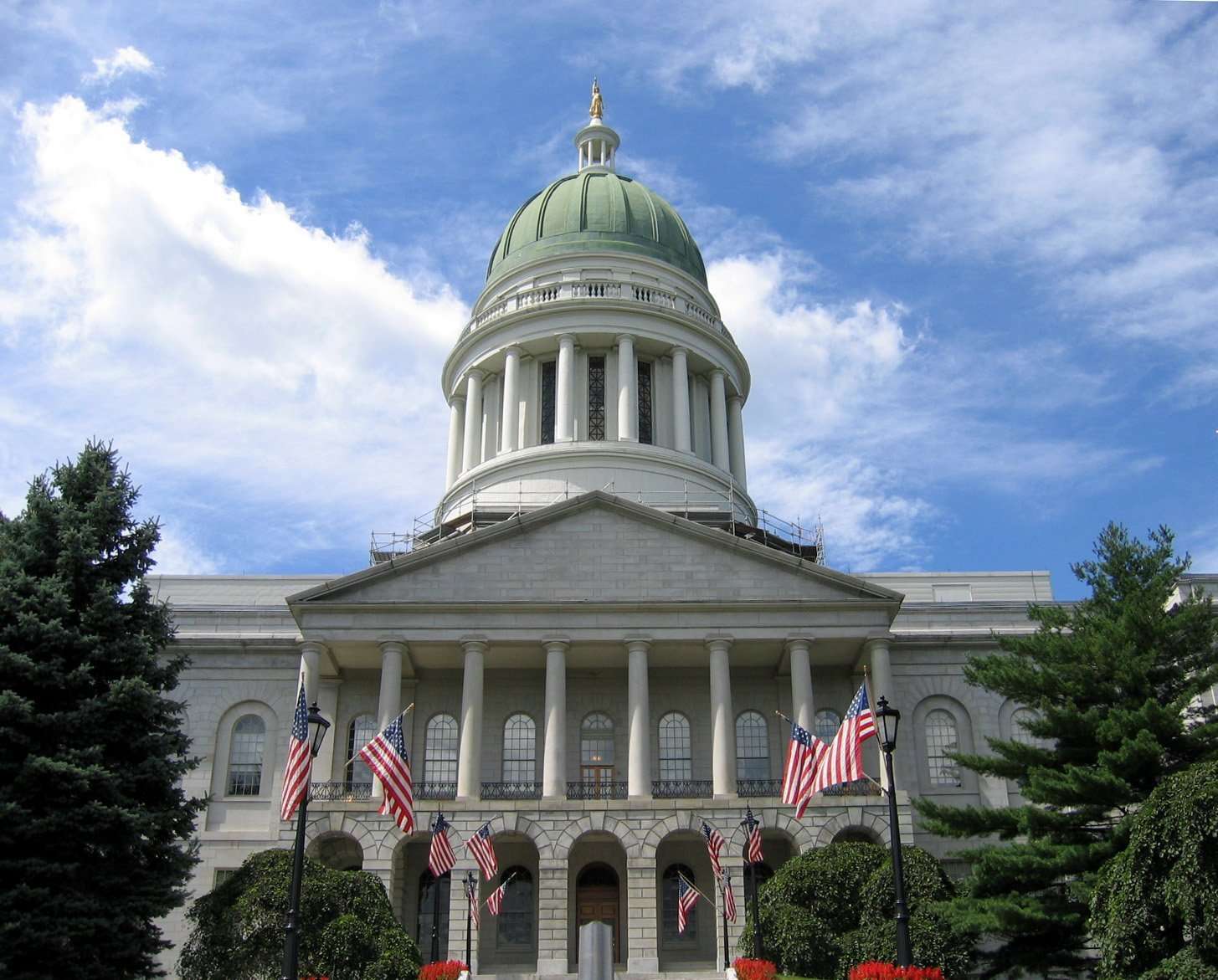Legislative Update: Dental Education, State Budget & More
- June 10th 2023
- City News

Dental Education Loans
The state’s dental education loan program will expand to include a range of dental practitioners, thanks to a recent law change sponsored by State Rep. Anne-Marie Mastraccio (D-Sanford).
Prior to the passage of LD 1256, the Maine Dental Education Loan Program was only available to dentists practicing in underserved communities. This new law enables dental hygienists, dental therapists, dental assistants and expanded function dental assistants to qualify for the program.
“Amidst a severe workforce shortage, this bill will incentivize more qualified dental care practitioners to come and work in Maine,” said Rep. Mastraccio. “The Maine Dental Education Loan Program is underutilized and not doing enough to meet Maine’s oral care needs. By expanding eligibility to a broader range of dental care practitioners, we are taking a meaningful step towards addressing the critical oral health care shortage facing our state.”
State Budget & Other Legislation
At the June 6, 2023 City Council meeting, City Manager Steve Buck gave an update on happenings at the State House that impact the City of Sanford.
Part 1 of the state budget, which funds current services, has been signed by the Governor and will become effective June 29. Mr. Buck said it includes several “wins” for municipalities, including:
- The state’s share of Essential Programs & Services (EPS) for schools is set at 55%
- Municipal revenue sharing remains at the full 5%
- The reimbursement rate for the $25,000 Homestead Exemption will increase by 3% per year. In fiscal year 2024, the City will be reimbursed at 79%, and in FY 2025, at 82%.
- The Senior Property Tax Stabilization Program was funded for the first year. (See separate story for more on this.)
Part 2 of the state budget, which funds new budget initiatives, is still being debated by legislators. Mr. Buck highlighted the following:
- The Governor is recommending the use of $223M in reserves as well as $71M more in previously unanticipated revenues that are now projected.
- Revenue sharing projections have increased by $19.5M to $253M for FY 2024, and have increased by $27.5M to $261M for FY 2025.
- Mr. Buck said the only negative impact for municipalities is that the proposed increase in funding for county jails was denied.
There are various bills being proposed to address the statewide housing shortage, he reported.
LD 1493, an Act to Increase Affordable Housing by Expanding Tax Increment Financing, is one that Mr. Buck asked the Maine Municipal Association to draft and sponsor. He said that unfortunately several key provisions have been stripped from the proposed bill, but it is still in committee.
Tax Increment Financing (TIF) is a legal process that benefits both developers and the City. For a period of time (usually 20 or 25 years) the taxes on the increase in the property’s valuation due to development are set aside, with a portion refunded to the developer to help with the excessive costs of development, and a portion retained by the City, to be devoted to economic development purposes.
Sanford has made good use of TIF for several projects, including the Airport solar development and the new apartment buildings near the South Sanford roundabout, but expansion of TIF specifically targeted to affordable housing could help alleviate the state’s severe housing shortage.






